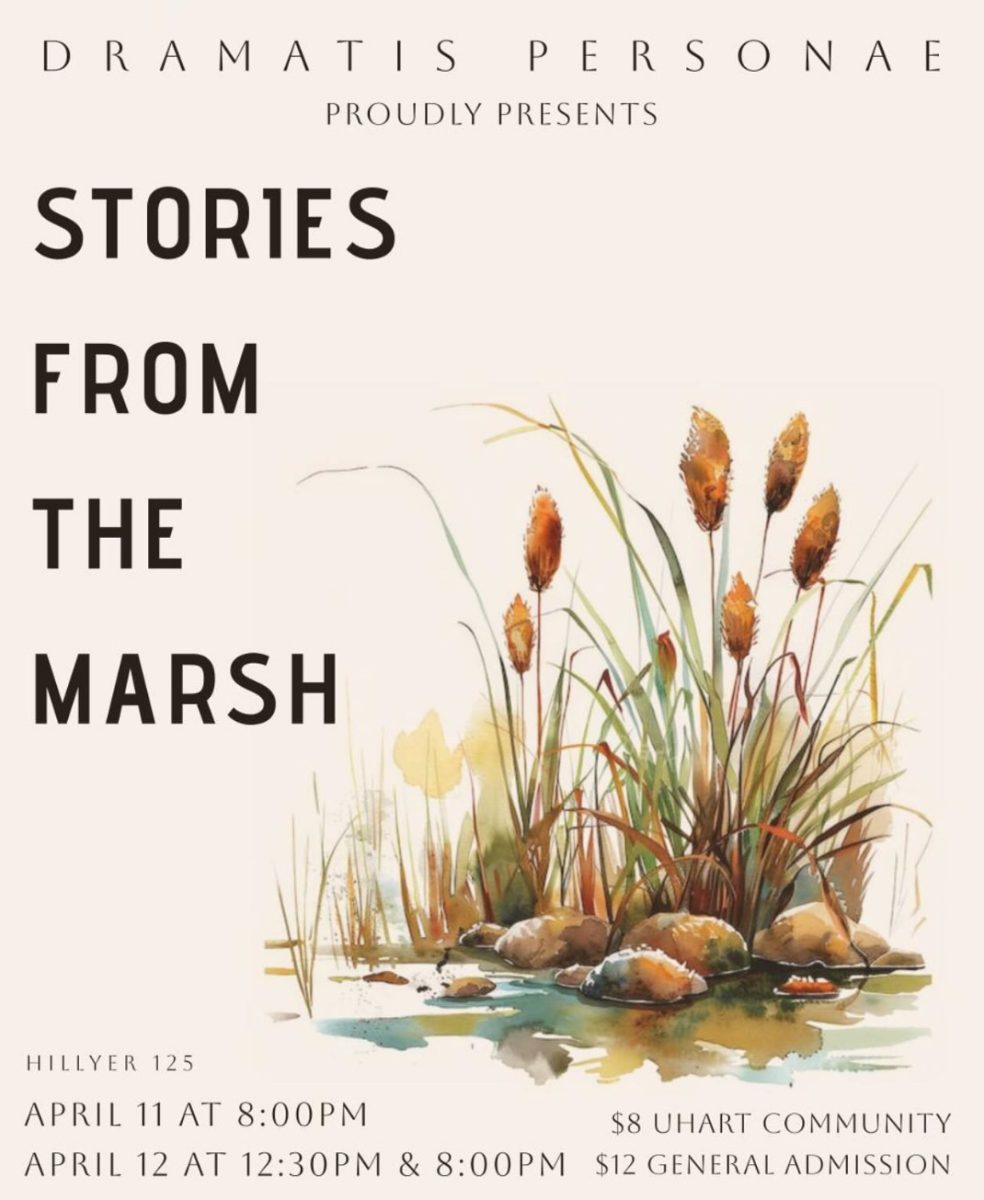Groups Across the United States declaring March 1st a national COVID-19 mourning day

Image Courtesy of FloralHeartProject.com
March 3, 2021
This month marks one year since much of the country decided to go on lockdown, socially distance, and quarantine in response to coronavirus outbreaks. Almost one year after the first known US coronavirus death, activists and community groups across the country are calling on government officials to memorialize the over 500,000 Americans who died with an official COVID-19 Memorial Day.
Over a hundred events will take place across the United States on Monday, March 1st to remember those who died from Covid-19, as well as to call for a holiday and permanent memorials in their honor. “Marked By COVID”, a grassroots movement dedicated to collecting stories about those impacted by the virus, and “Reimagine”, a non-profit organization that helps communities celebrate life and honor the dead, are leading the movement. Other groups, including “Rose River Memorial” and the “Floral Heart Project”, are involved in the effort as well. The groups will host individual events and join for a virtual COVID-19 Memorial Vigil.
“We must respond to this crisis commensurate to its scale,” Kristin Urquiza, co-founder of “Marked By COVID”, speaks of the movement and its reasons behind it. “Memorialization and recognition of our losses cannot wait any longer. Recognition from the federal government is essential.”
“Rose River Memorial”, one of the groups hosting events, is collecting one handmade felt red rose for every American who has died from COVID-19. The rose is the national flower of the United States. When the group has enough roses to represent each life lost, it will combine the community projects to create one big and beautiful art installation.
“We are underway but there is a long, long way to go. If we built the memorial today it would spread over three acres, which is 1,000 parking spaces or 32 basketball courts,” founder of “Rose River Memorial”, Marcos Lutyens, said in a news release. “To build the national installation next winter, we need more than 22,906 roses made and mailed to us every month from now until then. These numbers are growing — tragically — by many hundreds of deaths every single day.”
“The Floral Heart Project”, another group participating in the movement, will lay over 100 floral hearts created by volunteers across the U.S. Founder Kristina Libby believes the displays of hearts will help to mourn families process their grief. “Historically, in moments of trauma, we see flowers, photos, and memorial services,” Libby wrote in an email. “Those visual symbols help people process grief and importantly build community. Strong communities lessen grief. So visual public memorials are actually a helpful way to build community.” Volunteers with Floral Heart Project will also host meditations and vigils, where people impacted by COVID-19 can share photos and stories of loved ones who died.
In addition to the events on March 1st, groups are calling on government officials to establish a national holiday and permanent memorials to honor the lives that were taken from COVID-19. Mayors, state legislators, and members of Congress are supporting this effort, and that more than 50 mayors are sponsoring a US Conference of Mayors Resolution to recognize March 1 as Covid-19 Memorial Day.
“Commemorating this Memorial Day is an important marker for all those affected by this pandemic,” Rep. Greg Stanton; an Arizona Democrat said in a news release. “Long after our nation moves beyond this grimmest episode, we will need to collectively recognize all those we lost and the aftershocks of what we experienced.”
“Marked by COVID” and “Reimagine” have asked and are continuing to press officials to form a COVID Memorial Committee to establish permanent memorials in every state so that residents can mourn and remember those who have died.
“The call from the community is clear: our grief must be recognized and respected if we are ever to heal and unite,” Urquiza said. “We need ways to publicly grieve, heal, recognize, learn, and prevent this from ever happening again. This must happen immediately and as one united nation.”









